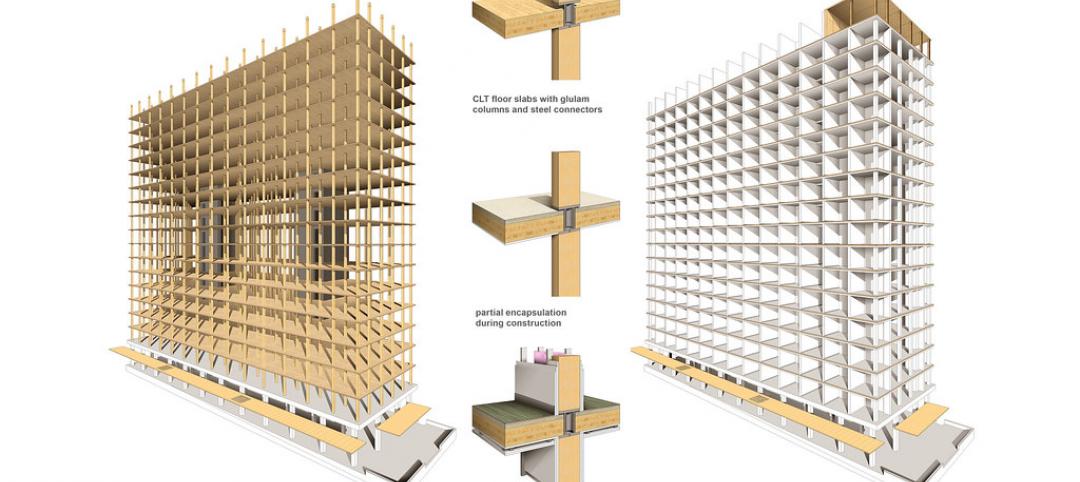Bureaucratic ineptitude ruined the U.K.’s disastrous home retrofit program, and the U.S. could draw valuable lessons from the debacle.
Last summer the U.K. unveiled a “build back better” economic stimulus package that was centered around a $2 billion program to retrofit homes. The program was supposed to fund energy efficiency and clean heat upgrades in 600,000 homes, but it was canceled recently after a six-month effort that may have killed more jobs than it created.
The Green Homes Grants program allowed most U.K. homeowners and landlords to receive up to about $6,900 to help pay for insulation, electric heating systems, and other energy-efficient upgrades such as new windows, doors, and heating controls. Low-income homeowners were eligible for up to nearly $14,000.
But, in order to apply, building owners had to obtain a quote from an accredited installer—few of which existed. Installers were reluctant to go through the time-consuming and expensive process of getting accredited without a longer-term assurance that there would be work. Program administrators often rejected quotes for being too high, asking applicants to provide more details or seek out additional estimates. Many homeowners dropped their retrofit plans as a result.
Retrofitting homes is a major part of the Biden Administration’s $2 trillion American Jobs Plan aimed at economic recovery from the COVID-19 recession. The administration can look across the Atlantic as a lesson on how to avoid failure.
Related Stories
Codes and Standards | Aug 29, 2019
Code-conforming wood design guide available
The guide summarizes provisions for the use of wood and wood products in the 2018 IBC.
Codes and Standards | Aug 29, 2019
LEED residential market up 19% since 2017
The U.S. Green Building Council says that the LEED residential market has grown 19% since 2017. Nearly 500,000 single family, multifamily, and affordable housing units have been certified globally.
Codes and Standards | Aug 27, 2019
Slower speed limits in urban areas offer multiple benefits
Improved safety, better adoption of electric scooters and autonomous vehicles are possible if drivers ease off the accelerator.
Codes and Standards | Aug 27, 2019
Renewables creating significant savings for commercial and public facilities
Payback ranges from five to 15 years.
Codes and Standards | Aug 27, 2019
Oregon rescinds tsunami-zone construction ban
Other states have no ban, but have strengthened building codes for tidal wave resilience.
Urban Planning | Aug 27, 2019
Pop-up parks revitalize empty lots
Pop-up parks that provide instant open areas for public use and programming can revitalize under-utilized spaces and add vibrancy to neighborhoods.
Codes and Standards | Aug 22, 2019
Texas flood prevention initiative would create nation’s most ambitious barrier system
Plan including sand dunes and mechanical barriers would cost as much as $32 billion.
Codes and Standards | Aug 22, 2019
Multimedia app identifies construction hazards
Researchers say program will reduce injuries, save lives.
Codes and Standards | Aug 22, 2019
Cities take action to keep cool as climate heats up
Initiatives include cool streets, cool roofs, and broader urban tree canopy.
Codes and Standards | Aug 22, 2019
5G expected to give a boost to construction technology
Virtual reality, Internet of Things, robotics, and drones will all benefit from enhanced data flows.

















